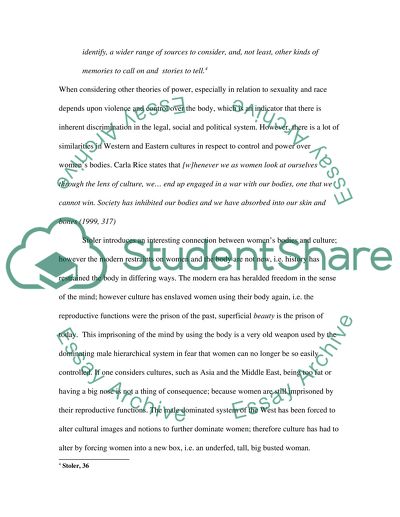Cite this document
(“Gender inequality Essay Example | Topics and Well Written Essays - 1250 words”, n.d.)
Retrieved from https://studentshare.org/philosophy/1519303-gender-inequality
Retrieved from https://studentshare.org/philosophy/1519303-gender-inequality
(Gender Inequality Essay Example | Topics and Well Written Essays - 1250 Words)
https://studentshare.org/philosophy/1519303-gender-inequality.
https://studentshare.org/philosophy/1519303-gender-inequality.
“Gender Inequality Essay Example | Topics and Well Written Essays - 1250 Words”, n.d. https://studentshare.org/philosophy/1519303-gender-inequality.


